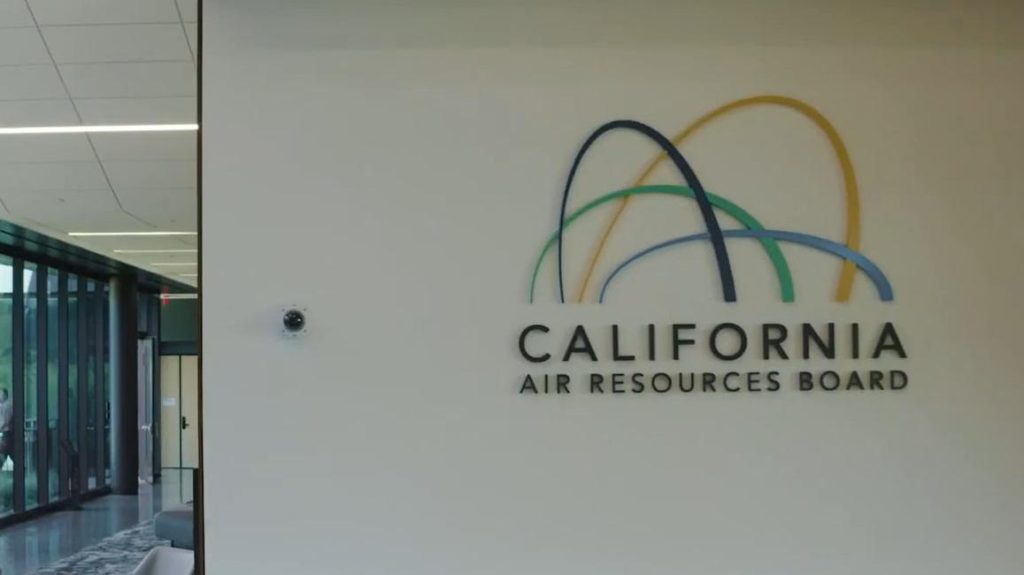The California Air Resources Board (CARB), the regulator charged with developing and enforcing new regulations requiring large companies to disclose their value chain emissions and report on climate-related financial risks, announced the release of a new publication of frequently asked questions (FAQ), aimed at providing an update on its regulatory development for the new regulations, and on guiding companies preparing to submit their first climate-related financial risk reports by the regulation’s January 1, 2026 deadline.
The new regulations include the “Climate Corporate Data Accountability Act,” originally introduced as SB 253, and the “Climate-Related Financial Risk Act,” introduced as SB 261, which have now codified into law as Health and Safety Code Section 38532 and Section 38533, respectively.
Applying to companies that do business in California, the new regulations effectively introduce climate reporting obligations for most large businesses in the U.S. The Climate Corporate Data Accountability Act requires companies with revenues greater than $1 billion that do business in California to report annually on their emissions across Scopes 1, 2 and 3. The Climate-Related Financial Risk Act applies to U.S. companies that do business in California and with revenues greater than $500 million to prepare a report disclosing their climate-related financial risk, as well as measures to reduce and adapt to that risk.
The new FAQ sets out the dates for required reporting to begin, recently confirmed in a public workshop conducted by CARB. According to the FAQ, while a firm date for reporting on Scope 1 and 2 is yet to be finalized, the disclosures will begin in 2026, covering the previous fiscal year, while Scope 3 emissions reporting will begin in 2027. The FAQ did reiterate CARB’s decision announced in December 2024, however, allowing the first Scope 1 and 2 report in 2026 to be based on information that the reporting company already possesses or is already collecting, in order to give companies more time to implement new data collection processes.
The FAQ also lists the timeline for companies to obtain independent third-party assurance for their greenhouse gas emissions disclosures under the new regulation, specifying that limited assurance-level verification for Scope 1 and 2 emissions reporting will begin in 2026, and reasonable-level assurance in 2030.
For companies within the scope of the Climate-related Financial Risk Reporting, publication of the first climate-related risk reports are to be published by January 1, 2026 according to CARB, with reporting every other year following the initial report. The FAQ guides companies in assessing what information needs to be included in the reports, with material risk based on “harm to immediate and long-term financial outcomes due to physical and transition risks,” which may include “risks to corporate operations, provision of goods and services, supply chains, employee health and safety, capital and financial investments, institutional investments, financial standing of loan recipients and borrowers, shareholder value, consumer demand, and financial markets and economic health.”
Click here to access the CARB FAQ on the upcoming climate reporting regulations.

